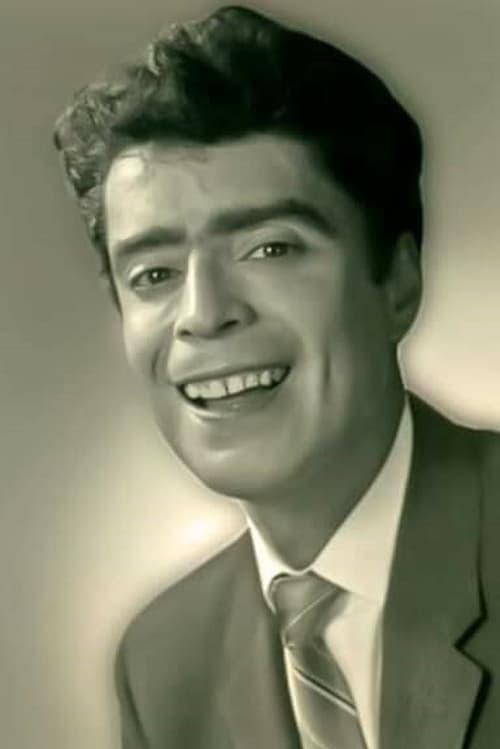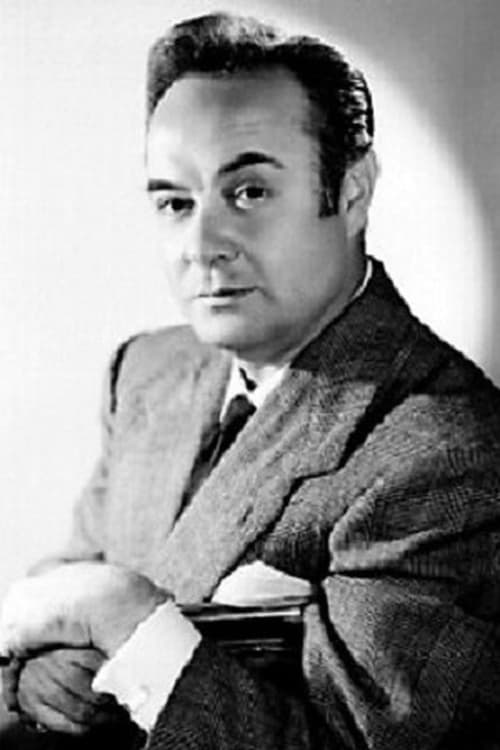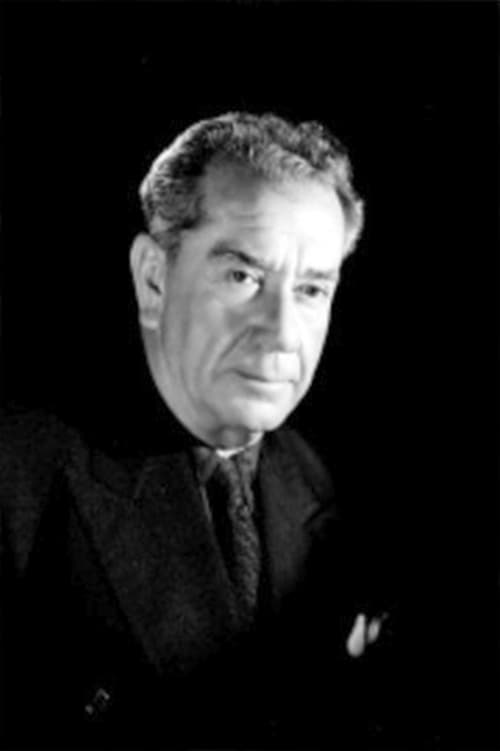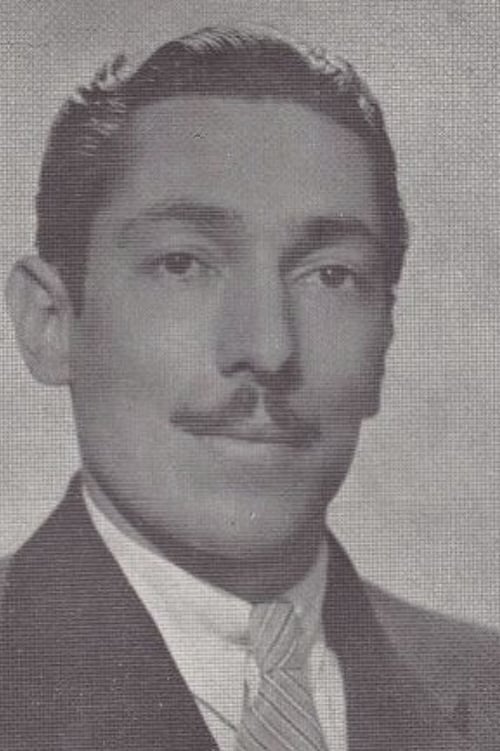They Say I'm a Communist (1951)
Gênero : Drama, Comédia, Crime
Runtime : 2H 0M
Director : Alejandro Galindo
Sinopse
A worker overwhelmed by the economic crisis and the cost of living is accidentally propaganda of a political party, apparently from left, who convinces him to join their ranks and defending the working class. After entering through a ritual as mysterious as typical, you will realize demagoguery and arrangements existing between union leaders to maintain the status quo unchanged and profit from mafia practices.
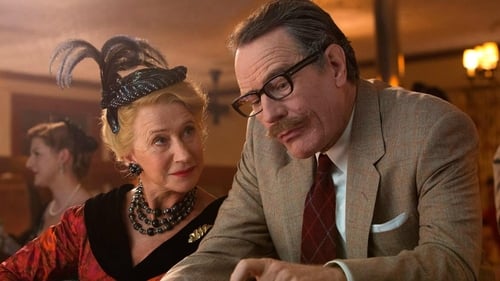
O roteirista Dalton Trumbo tem uma história singular em Hollywood: apesar de ter escrito algumas das histórias de maior sucesso da época, como A Princesa e o Plebeu (1953), ele se recusou a cooperar com o Comitê de Atividades Antiamericanas do congresso e acabou preso e proibido de trabalhar. Mesmo quando saiu da prisão, Trumbo demorou anos para vencer o boicote do governo, sofrendo com uma série de problemas envolvendo familiares e amigos próximos.
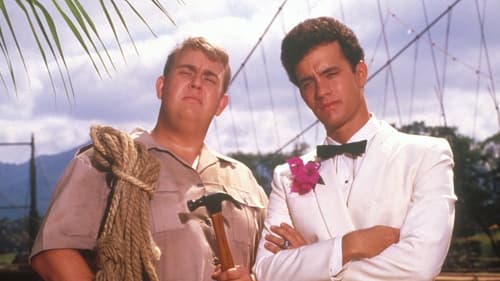
O charmoso e mimado Lawrence Bourne III , conclui seu curso na universidade de Yale com um saldo devedor de 28 mil dólares perdidos em apostas. Quando seu pai se recusa a saldar a dívida, Lawrence foge dos seus furiosos credores assumindo o lugar de um amigo, membro voluntário do Corpo da Paz, prestes a embarcar para a Tailândia. Lá, Lawrence descobre que tem afinidade com os habitantes e junto dos militantes John Turtle e da bela Beth Wexler, é escalado para construir uma ponte de acesso à uma pequena aldeia. Mas o que eles não sabem é que a ponte é cobiçada pelo exército americano, comunistas locais e um poderoso traficante de drogas. Juntos e com a ajuda de At Toon, o único nativo que sabe falar inglês, eles precisam lutar contra os três poderosos oponentes e descobrir o que é melhor para os habitantes da aldeia

A drama focused on Norwegian society in the 1970s, an era politically influenced by Marxism and Leninism.
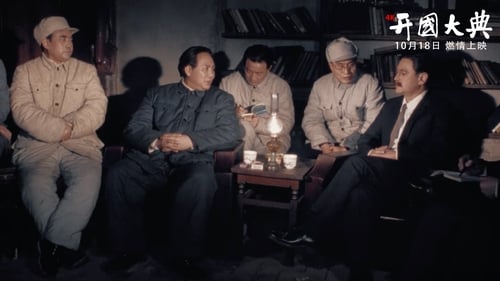
In the spring and summer of 1949, the People's Liberation Army launched an offensive under the orders of Mao Zedong and Zhu De, they crossed the Yangtze River and Nanjing was liberated on April 23 which signaled the fall of the KMT regime, Chiang Kai-Shek fled to Taiwan; on October 1, 1949, Mao Zedong standing on the rostrum of Tiananmen, solemnly declared the foundation of the People's Republic of China.

A joint fight of Macedonian and Greek people against the fascist monarchical government of Greece ended with their defeat in 1949, after many years of bloodshed. Many members of the democratic party DAG, as well as the innocent inhabitants experienced the destiny of political exile.
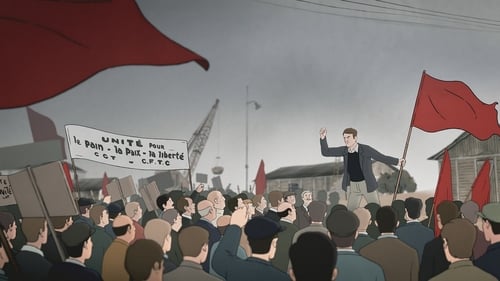
Brest, 1950. The war ended five years ago and nothing remains of the city. Massive bombings and intense fighting lasting more than a month turned the city, its docks, its arsenal, into ashes. Thousands of workers will build it up again, brick by brick. But with awful work conditions protests quickly arise and a strike begins. Violent confrontations happen during manifestations. Until one man falls. The next day René Vautier lands at Brest clandestinely to make a movie about the movement.
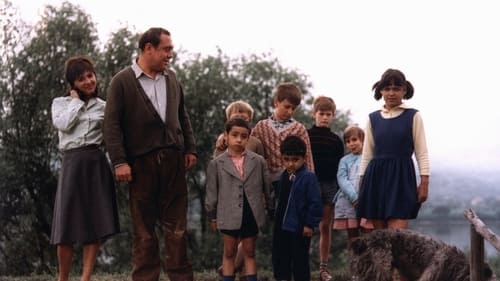
Hungary, 1950s. József Pelikán, who works as a dam keeper on the Danube, meets by chance Zoltán Dániel, an old friend whom he saved from death years before and who is now a powerful politician.

It's 1980. Malin is fatherless, angry, and in trouble. At 20, he's spent a year in jail for assaulting a lover of Lily, his mother. In her desk he finds a soldier's photograph and assumes he's found his father. He confronts the man, now a teacher, and gets nowhere. At home again, he mocks his mother. Finally, she tells him her grim story, from the year before his birth. We see a people's court, where Lily's parents seek justice for their grandchild to be. We follow Lily to a prison camp, to the city where she's told to inform on the only person who's been kind, to an asylum, and finally to her current poverty and loneliness. How will Malin respond to these revelations?

The true history of the anti-government extremist terrorist group's century of violence. Focusing on the group which has caused nationwide rioting and violence, The film – which undermines the mainstream media’s depiction of the group as “just an idea” – has already been censored by YouTube and Vimeo.

Silent Gunpowder (Serbo-Croatian: Gluvi barut) is a Yugoslavian war film Based on a novel by Branko Ćopić and set during World War II, the film tells the story of a Serbian village in the mountains of Bosnia and its villagers who found themselves divided along two opposing ideological lines, represented by the Chetniks and the Partisans. These two opposing sides are personified in the Partisan commander Španac and a former Royal Army officer Radekić. Španac sees Radekić as the cause of villagers' resistance to the new, Communist, ideology and so the main plot axis is the conflict between them. At the 1990 Pula Film Festival, the film won the Big Golden Arena for Best Film, as well as the awards for Best Actor in a Leading Role (Branislav Lečić), Best Film Score (Goran Bregović). The film was also shown at the 1991 Moscow International Film Festival, where both Branislav Lečić and Mustafa Nadarević won the Silver St. George Award for their performances.

A saga de Pu Yi, o último imperador da China, que foi declarado imperador com apenas três anos e viveu enclausurado na Cidade Proibida até ser deposto pelo governo revolucionário, enfrentando então o mundo pela primeira vez quando tinha 24 anos. Neste período se tornou um playboy, mas logo teria um papel político quando se tornou um pseudo-imperador da Manchúria, quando esta foi invadida pelo Japão. Aprisionado pelos soviéticos, foi devolvido à China como prisioneiro político em 1950. É exatamente neste período que o filme começa, mas logo retorna a 1908, o ano em que se tornou imperador.
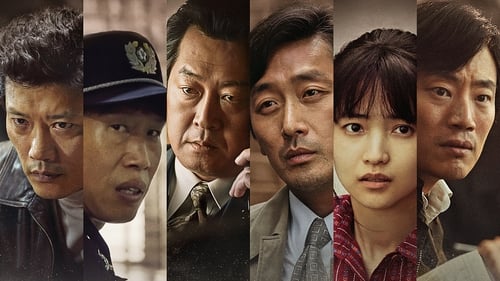
Em 1987, o estudante universitário e membro do movimento pró-democracia Park Jong-chul é preso pela polícia. Ele é então torturado até a morte. A polícia e o governo tentam encobrir o caso de Park Jong-Chul, mas os estudantes de mídia e universitários tentam revelar a verdade.
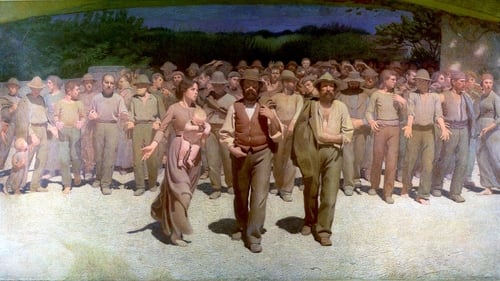
Uma retrospectiva histórica da Itália do início do século XX até o fim da Segunda Guerra Mundial a partir das vidas de Olmo, filho bastardo de camponeses, e Alfredo, herdeiro de uma rica família de latifundiários. O pano de fundo é o intenso cenário político da época, com o fortalecimento do fascismo e, em oposição, as lutas trabalhistas ligadas ao socialismo.
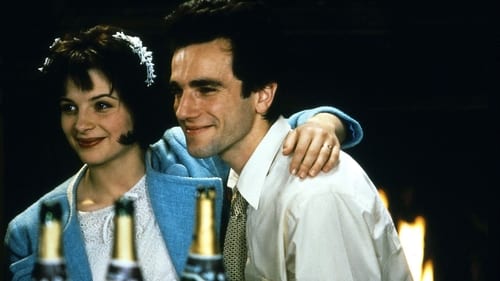
Em meados dos anos 60, em Praga, Tomas conhece a inocente Tereza e os dois se apaixonam. Porém, o médico também mantém relações com Sabina, uma mulher refinada. Mas a vida deste triângulo amoroso será afetada pelos acontecimentos deste período.
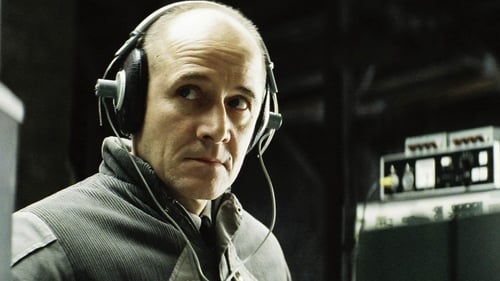
Georg Dreyman é o maior dramaturgo da Alemanha Oriental, sendo por muitos considerado o modelo perfeito de cidadão para o país, já que não contesta o governo nem seu regime político. Apesar disto o ministro Bruno Hempf acha por bem acompanhar seus passos, para descobrir se Dreyman tem algo a esconder. Ele passa esta tarefa para Anton Grubitz, que a princípio não vê nada de errado com Dreyman mas é alertado por Gerd Wiesler, seu subordinado, de que ele deveria ser vigiado. Grubitz passa a tarefa a Wiesler, que monta uma estrutura em que Dreyman e sua namorada, a atriz Christa-Maria Sieland, são vigiados 24 horas.


In the spring of 1945 the war is still going on, but in Bulgaria the communists have already seized the power. The new rulers do justice according to their personal interests. This is the beginning of the era of Communism in Bulgaria - spiritual poverty, expropriation, destroying of the intelligentsia. In this chaos the main character, an actress fallen on hard times, wants to preserve her social status with every available means. She claims to be a Communist activist and, in order to gain access to the theater even shows a photo with the Bulgarian communist revolutionary Georgi Dimitrov's dog However, in order to survive, she has to resort to betrayal.

Four lucid grandmothers tell their story forgotten by history: the militancy and resistance of the young women of the leftist youth against the dictatorship of Marcos Pérez Jiménez.

Portugal, 1944. Num país oprimido pela ditadura, há quem resista e se organize para mobilizar o povo para a luta pelo pão e pela liberdade. Mesmo que isso lhe possa custar a prisão, torturas, ou até a vida. Pessoas como Vaz, Ramos, António e Paula militantes e funcionários do Partido Comunista, que desenvolvem a sua acção na clandestinidade, reorganizando o Partido nas zonas dos arredores de Lisboa e do Ribatejo, ao mesmo tempo que preparam uma grande jornada de luta, com greves e marchas contra a fome.

Idealistic young man supports the party and the new Yugoslavia's communist regime, but soon gets involved in various political and criminal machinations becoming more and more confused about what's right and what's wrong.

